It is time to reign in corporation so that they serve people, not the other way around. In Spokane, corporations are given the same legal…
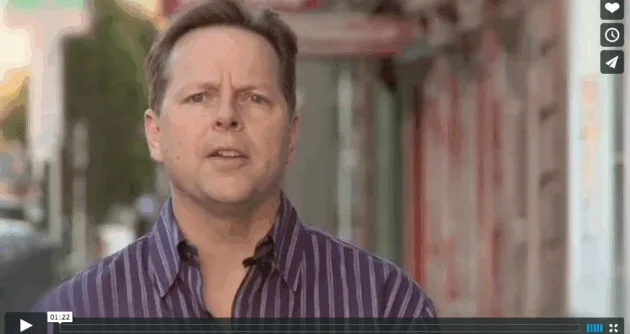

It is time to reign in corporation so that they serve people, not the other way around. In Spokane, corporations are given the same legal…
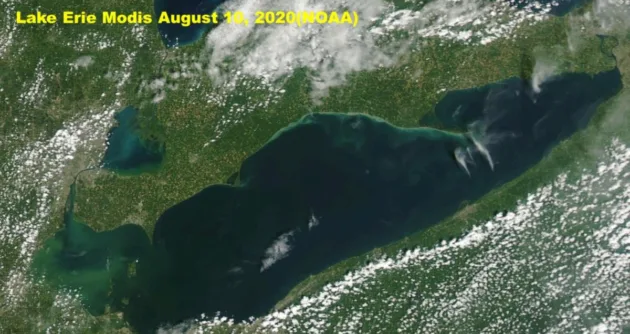
Toledo, Ohio residents give oral arguments in Lake Erie Bill of Rights pro se lawsuit to advances one avenue for participatory Rights of Nature enforcement....
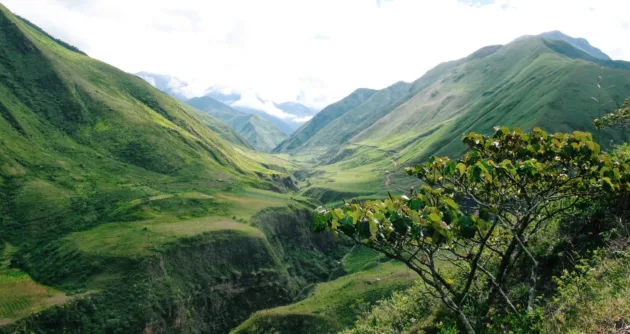
...helping build a decolonial movement for Community Rights and the Rights of Nature to advance democratic, economic, social, and environmental rights – building upward from…

...rights of ecosystems “to naturally exist, flourish, regenerate, evolve, and be restored” and rights of townspeople to a “climate system capable of sustaining human societies.”…
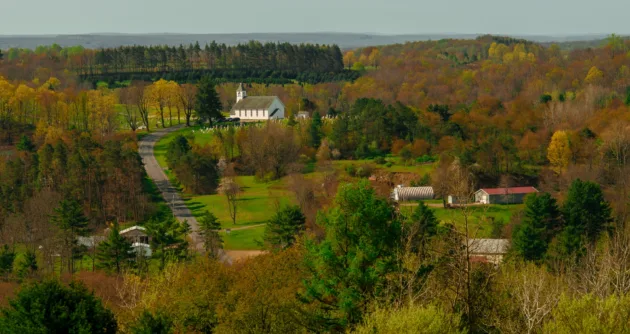
...movement for Community Rights and the Rights of Nature to advance democratic, economic, social, and environmental rights – building upward from the grassroots to the…
The chain that ensures an orderly society; rights have to be rooted in responsibilities....

A Live Q&A Session with CELDF organizers taking a Closer Look at the Rights of Nature....
CELDF announces Michelle Sanborn as our new New Hampshire Community Rights Network Coordinator. Michelle led her hometown of Alexandria, NH, in adopting a Community Bill…

...Voting Rights Act (1965) and the Civil Rights Act (1968). None of these changes came easily, the marches, the protests, the court filings, the horrifying deaths…


...decolonial movement for Community Rights and the Rights of Nature to advance democratic, economic, social, and environmental rights – building upward from the grassroots to…
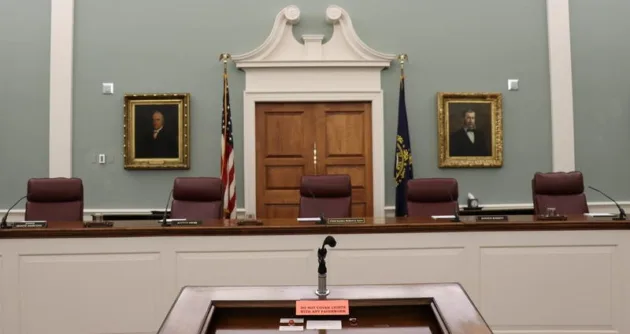
...CELDF — Community Environmental Legal Defense Fund The Community Environmental Legal Defense Fund (CELDF) is building a movement for Community Rights and the Rights of…
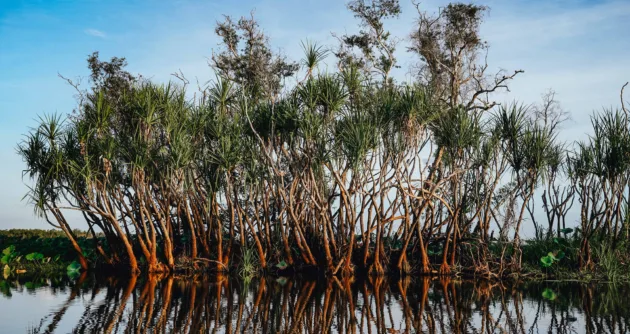
...another distinct yet interconnected ecosystem’s rights. This decision not only recognizes the rights of mangroves by preventing harm, it is also holding those accountable for…

The British are fighting to protect their communities from fracking, as we are in the U.S. We share a common history: the claimed rights of…
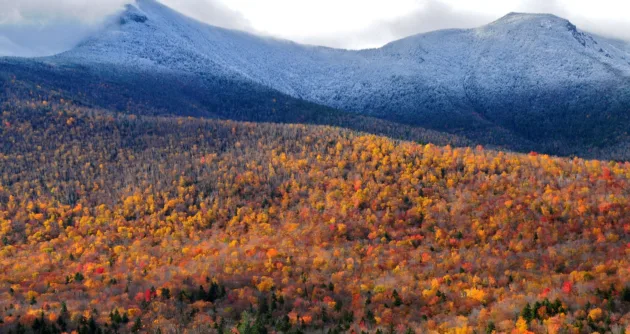
...movement for Community Rights and the Rights of Nature to advance democratic, economic, social, and environmental rights – building upward from the grassroots to the…
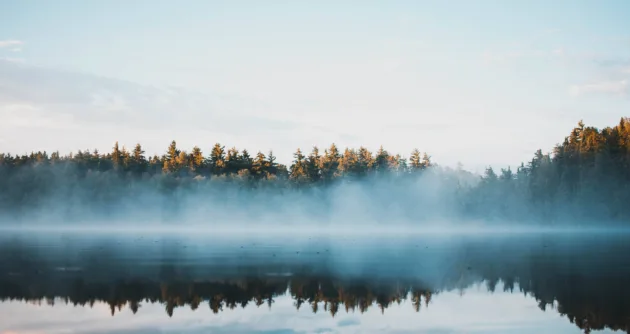
...Rights with the goal of securing legal rights for the entire ecosystem and giving people and nature a role in the decision-making process regarding current…
The Mahoning County, OH, Board of Elections blocks a duly qualified Community Bill of Rights initiative from the ballot in Youngstown. CELDF assists residents to…
In front of a standing-room only crowd of residents, by a vote of 3-1, the City Council, Las Vegas, New Mexico enacted the Las Vegas…